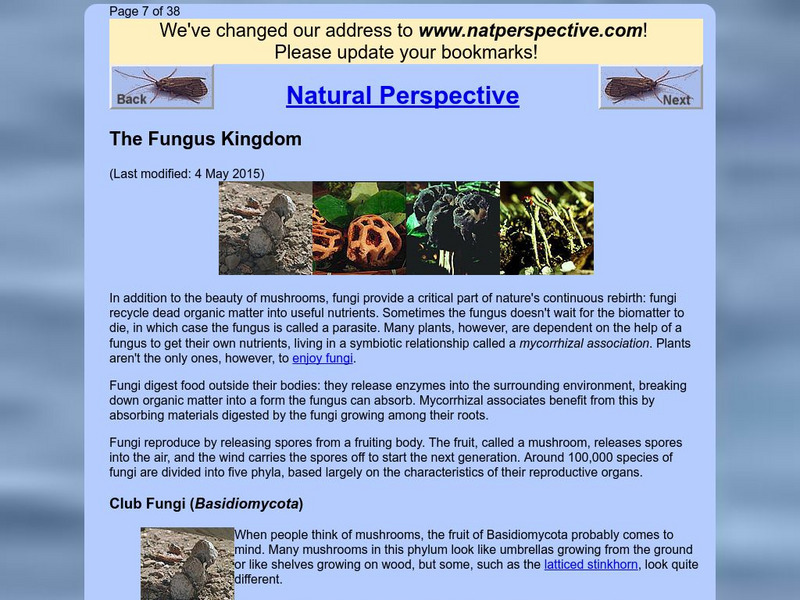Curated OER
Observation of a Living Earthworm
Sixth graders examine earthworms and their parts. In this earthworm instructional activity students complete a lab worksheet on the earthworm and test its response to certain factors.
Curated OER
Sponges - A Coloring Worksheet
In this sponges worksheet, students read the information about sponges. Students answer the provided questions about the reading passage. Students color the illustration at the bottom of the page.
Curated OER
Classification of Living Things
For this biology worksheet, students identify and locate various vocabulary terms relating to the classification of living things. There are 28 biology terms located in the word search.
Curated OER
Show Some Backbone and Teach Invertebrates
Fifth graders identify two similarities and two differences between two phyla, assign fictitious invertebrate to its phylum and explain why it belongs in that grouping, and construct member of given phylum and explain why it should be...
TED Talks
Ted: Ted Ed: How Life Came to Land
This video explores arthropods, who first made the transition from water to land and who outnumber all terrestrial animals. [5:28] Followed by a short quiz and a list of additional resources to explore.
Estrella Mountain Community College
Estrella Mountain College: Classification
Discusses many aspects of information pertainingto organism classification. Provides links to other areas in biology as well.
Palomar Community College District
Palomar College: Kingdom to Subphylum
The highest category of taxonomic classification is the kingdom. This website from Palomar College presents the five kingdoms in an easy-to-read chart and discusses the Animalia and Plantae kingdoms in depth. After reading through the...
Palomar Community College District
Palomar College: Class
In the animal kingdom, there are seven living classes in the phylum Vertebrata. The Palomar College shares detailed information on each of these classes. Includes examples and photos as well as a follow-up quiz.
CK-12 Foundation
Ck 12: Episd: Animal Classification
[Free Registration/Login may be required to access all resource tools.] Check out the diverse traits that animals can have that put them into different Phyla to make it easier to classify them.
Georgia Department of Education
Ga Virtual Learning: Biology: Animals
Through video clips. informational text, interactive activities, and assessment opportunities, students study and learn about the classification of animals.
University of California
Ucmp: Web Lift to Taxa
Alphabetical listing from the University of California of info on each of the animal phyla. Includes scientific and common names and photos. Characteristics of each group are explained in detail.
Science Education Resource Center at Carleton College
Serc: Investigating Biological Classification: Organization of All Living Things
All living things can be identified by their placement in a biological classification table. Students will investigate the organization of all living things and learn how to classify through the process of classifying their own shoes....
Wikimedia
Wikipedia: Cnidaria
Wikipedia offers great information on Cnidarians, a phylum of animals including coral, sea anemones, jellyfish, sea pens, sea wasps, and more.
Wikimedia
Wikipedia: Mollusk
Wikipedia offers detailed information on mollusks, a large and diverse phylum including shelled sea animals and the octupus.
Wikimedia
Wikipedia: Echinoderm
Wikipedia provides detailed information on echinoderms, or a phylum of marine animals including star fish and sea urchins. Website includes image, chart of scientific classification, and many hyperlinked terms.
PBS
Pbs: The Shape of Life: Activities and Resources: Phylum Comparison [Pdf]
Students explore eight major phyla of the animal kingdom by comparing body plans, animal behavior, evolution, reproduction, and more. Includes a one-page reference to characteristics by phylum.
Science Buddies
Science Buddies: How Biodiverse Is Your Backyard?
In this science activity, you will investigate the diversity (or biodiversity) of the animal life around your home and try to figure out which phylum most of the animals belong to.
Wikimedia
Wikipedia: Binomial Nomenclature
Wikipedia, an open-source encyclopedia, offers great information on the classification system used in Biology. Covers the benefits of the system, history, and general information on the whole system together.
Other
Perspective.com: The Fungus Kingdom
Fungi have a variety of roles in nature, including decomposers and parasites. This website from Perspective.com includes additional information on the Fungus Kingdom, and a breakdown of related phylums and classes.
Sophia Learning
Sophia: Classification of Organisms: Lesson 1
This lesson will introduce taxonomy and give an example by providing the scientific classification of an organism. It is 1 of 2 in the series titled "Classification of Organisms."
ClassFlow
Class Flow: Animal Classification
[Free Registration/Login Required] This flipchart explores the classification of animals into the phylum categories.
Other
Kids' Cruz: Taxonomy
Kidzcruz.com provides a list of phylums in the animal Kingdom. Both Latin and English names are included.





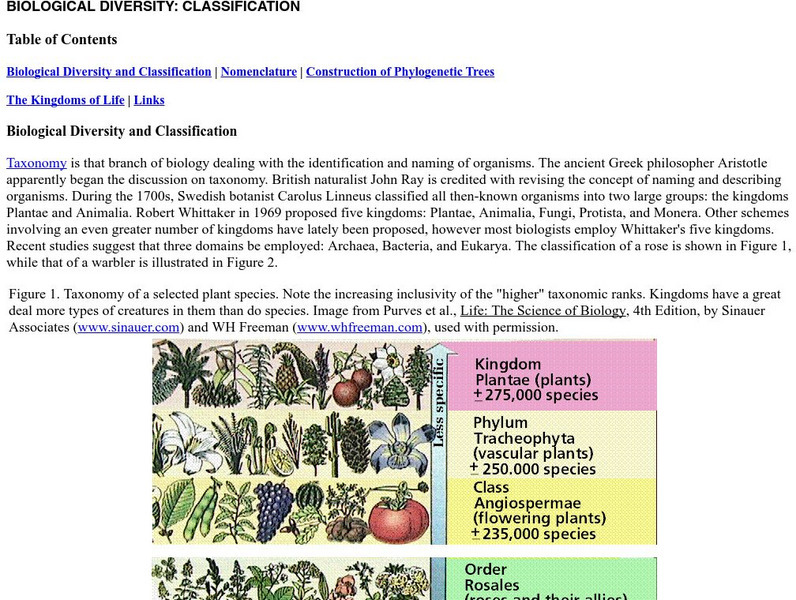
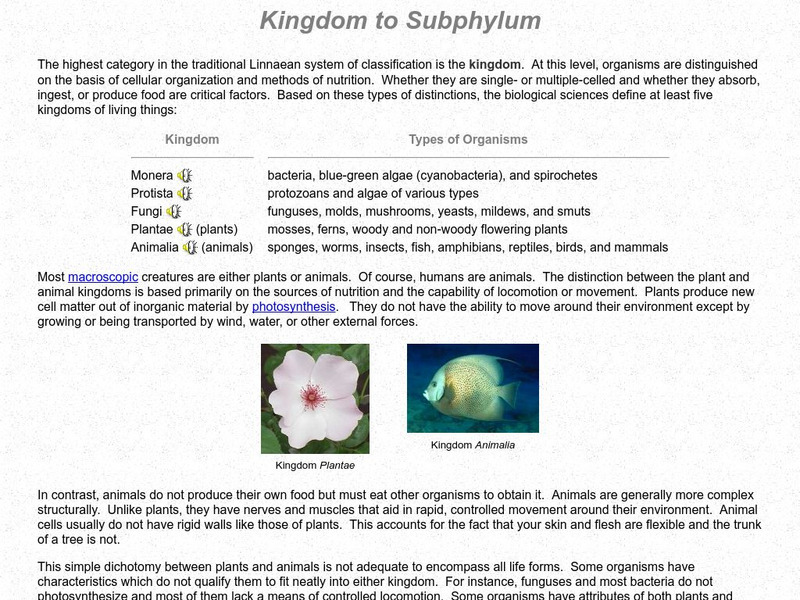
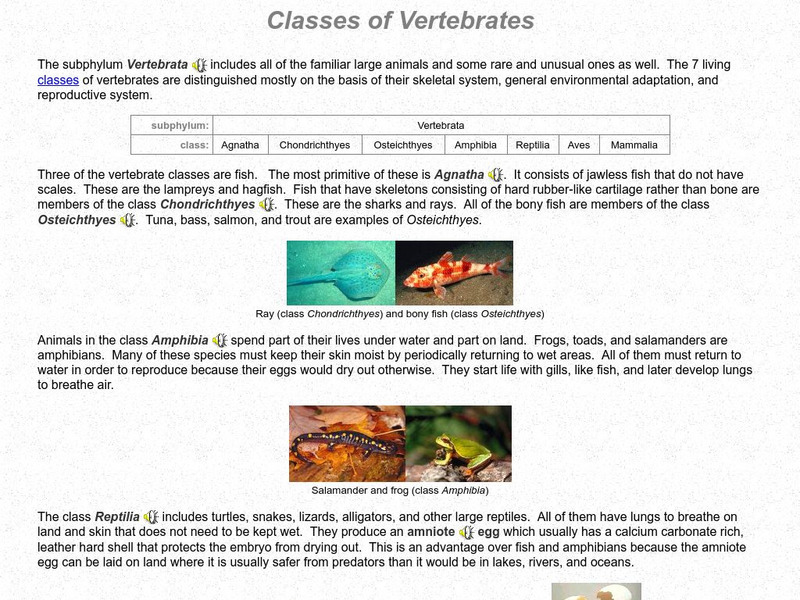


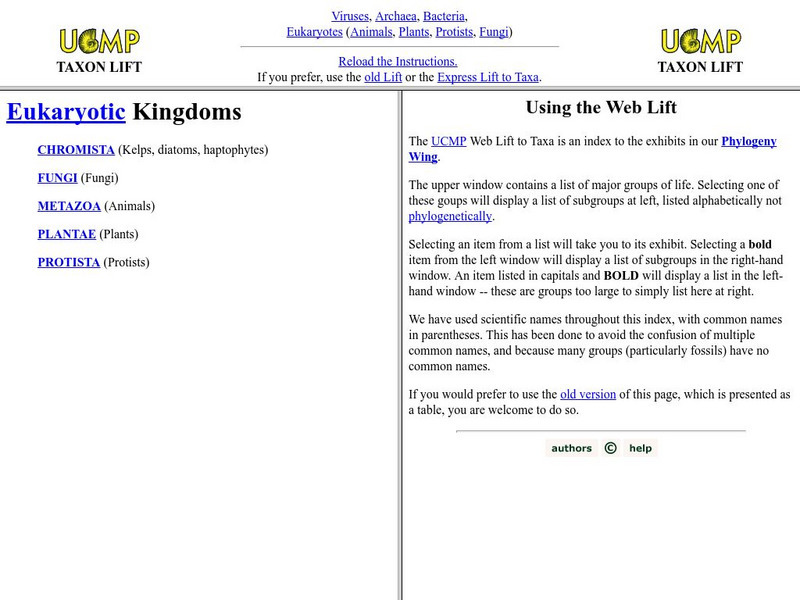
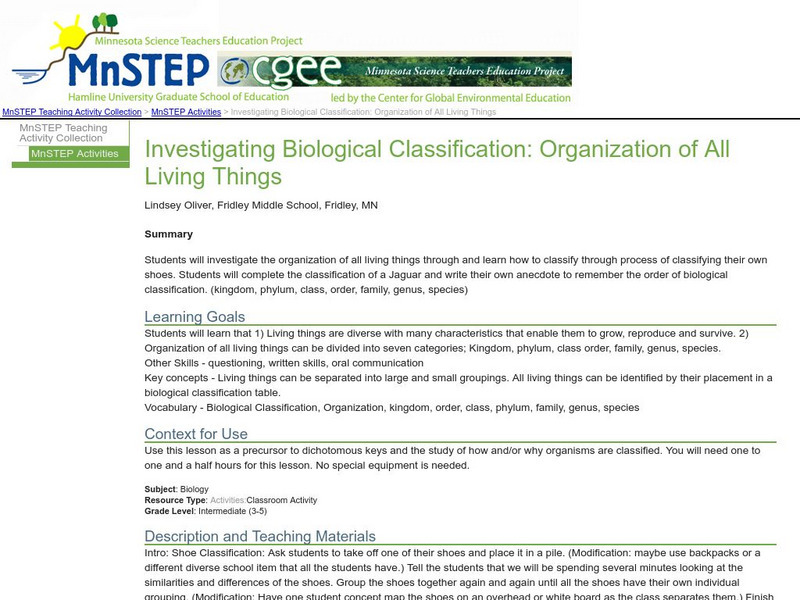
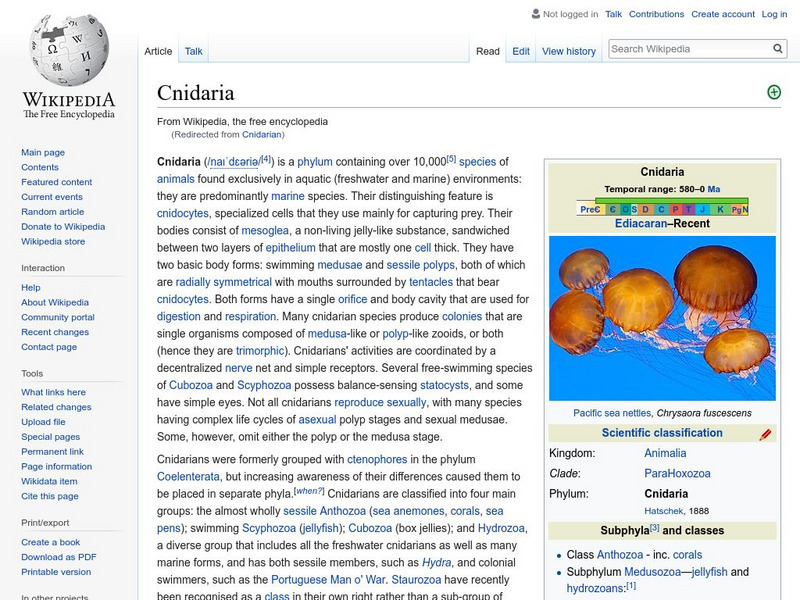
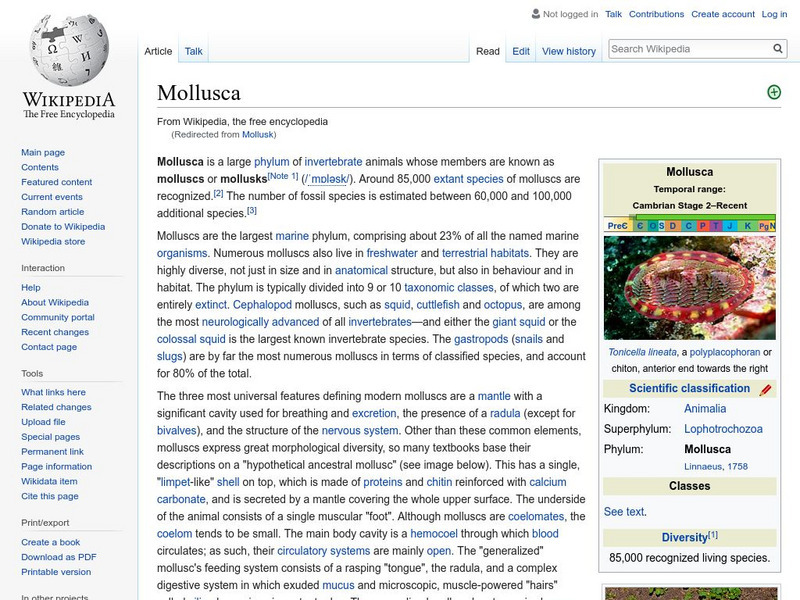

![Pbs: The Shape of Life: Activities and Resources: Phylum Comparison [Pdf] Activity Pbs: The Shape of Life: Activities and Resources: Phylum Comparison [Pdf] Activity](https://content.lessonplanet.com/knovation/original/115994-9311c915222671f24d62d04783ca3890.jpg?1661495768)


